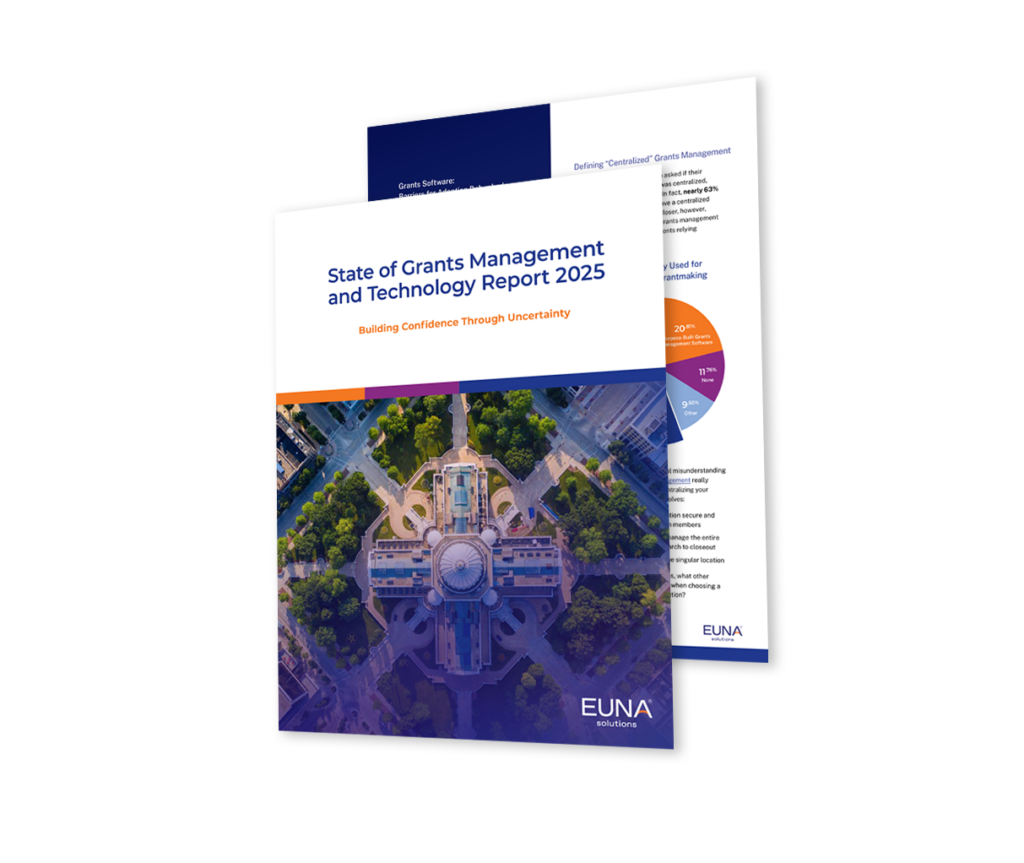If you’re a CTO or IT director, you’re likely already juggling an outdated tech stack, legacy systems held together with duct tape, and a modest cybersecurity budget that’s being asked to stretch even further. But recent events make one thing crystal clear: the status quo isn’t enough anymore.
Let’s talk about Abilene, Texas.
In April 2025, the city of Abilene—home to 130,000 residents—was forced to take key systems offline after detecting unusual server behavior. As they scrambled to contain the breach, card payment systems in government offices shut down, creating disruptions across city services. While emergency systems remained intact, the attack highlighted just how vulnerable even moderately sized municipalities can be when targeted by cybercriminals.
Unfortunately, Abilene isn’t alone. Cities like Dallas, Fort Worth, and even entire counties across Texas have experienced similar fates in the last two years. And with cybersecurity grant funding from the federal government poised to dry up this fall, many local governments are left wondering how they’ll defend themselves without Washington’s help.
The End of the Cyber Safety Net
The State and Local Cybersecurity Grant Program—created under the 2021 Infrastructure Law—has funded more than 800 cybersecurity projects, helping cities implement multi-factor authentication, upgrade aging equipment, and contract cybersecurity specialists.
But here’s the catch: that $1 billion program sunsets this September. And there’s no guarantee of renewal.
In a recent report, the Government Accountability Office (GAO) warned that without these funds, many municipalities may soon face tough decisions—like whether to pave roads or invest in cyber defenses. Some cities have begun exploring alternative state-level funding or reallocating local budgets, but many mid-sized jurisdictions are simply not prepared to fill the gap.
If your current cybersecurity budget isn’t sustainable without external funding, you’re not alone—but that doesn’t mean you can afford to wait.
Cyber Threats Aren’t Just a “Big City” Problem
Cybercriminals are targeting smaller and mid-sized cities because they’re vulnerable. Governments of this size often rely on outdated infrastructure, decentralized payment collection systems, and manual reconciliation processes, and each of these represents a potential security flaw waiting to be exploited.
And it’s not just about protecting data—it’s about maintaining trust with your community. When residents can’t pay their bills, access essential services, or receive support due to a ransomware attack, confidence in local government erodes quickly.
That’s why cybersecurity can’t be treated as an add-on. It has to be baked into every digital service, especially revenue collection platforms that handle sensitive financial data.
How Euna Payments Helps IT Leaders Sleep Better
Euna Payments was built for governments like yours. For cities balancing lean IT teams and limited budgets, we deliver security-first, cloud-native revenue collection solutions that meet compliance standards out of the box:
- PCI Level-1 & SOC 2 Certified
- Cloud-based architecture—no on-prem maintenance required
- Unified platform across online, kiosk, and cashiering channels
- Automated reconciliation, sending real-time data to your general ledger and source systems
- Real-time reporting and revenue management for greater oversight
Whether it’s a face-to-face transaction at city hall or a late-night utility payment via kiosk, every channel is protected under the same robust security protocols.
Aside from giving your residents a seamless way to pay, we also offer your staff a secure, centralized system that lightens the load and reduces your exposure to cyber risk.
The Bottom Line
Cybersecurity can’t wait for another round of federal funding. The attack on Abilene is a cautionary tale—not just a headline.
As a technology leader, we know your job isn’t just about keeping systems running but also future proofing your city. And with threats on the rise and funding on the decline, modernizing your revenue collection systems is now a necessity.
Ready to take the first step?
Download our free checklist: 8 Features to Include in Your Payment Solution RFP to ensure your next platform is secure, scalable, and built for your city’s future.

